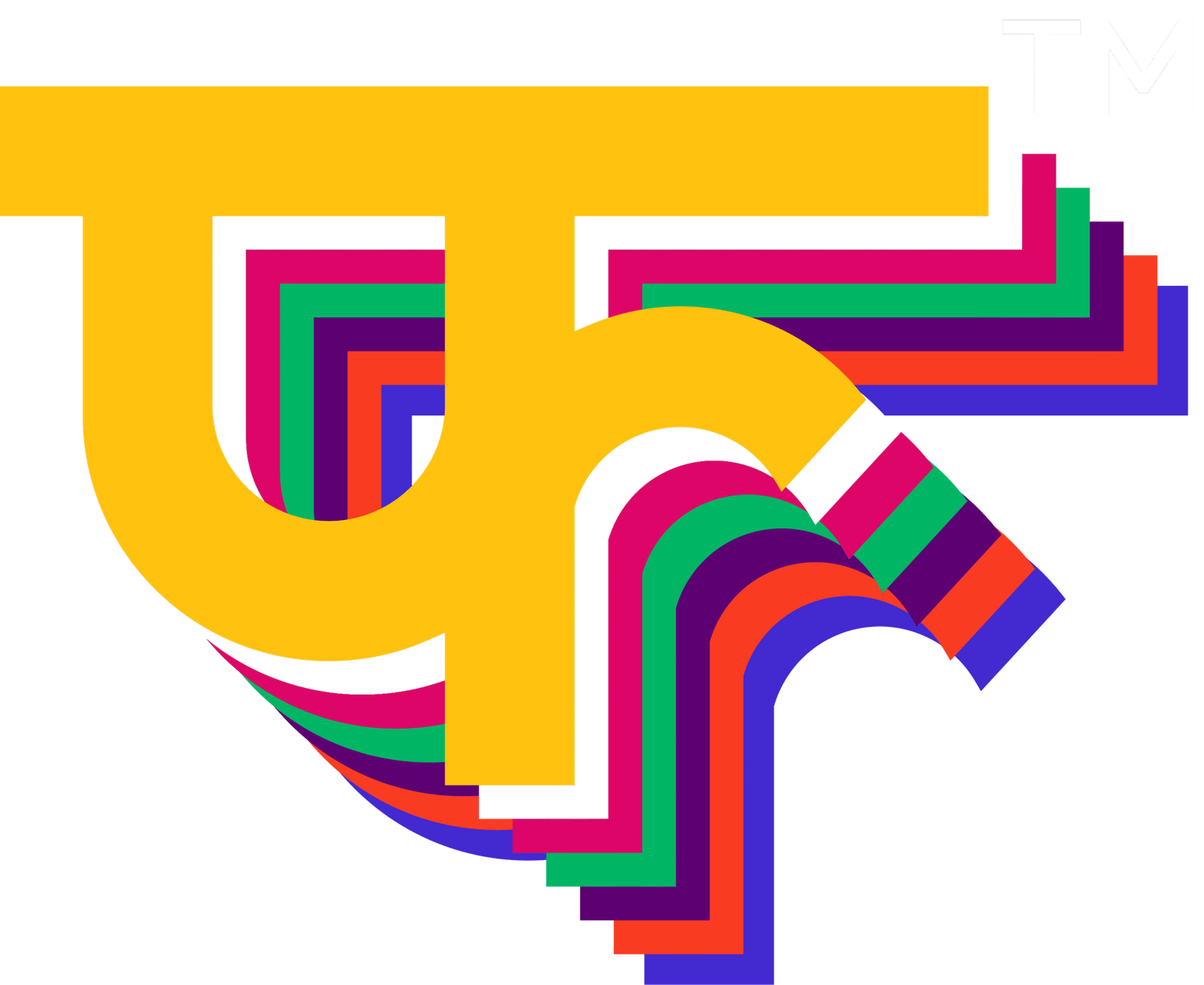
Picture this: it’s 3 AM, and you are wide awake, scrolling through endless Instagram reels (guilty as charged!). Suddenly, an ad pops up for that perfect pair of shoes. Boom! You are hooked. That’s the magic of a well-oiled sales funnel. 69% of marketers said their main priority is to convert their contacts or leads into customers. But there’s a high chance you have been in the marketing funnel of that shoe company (maybe without realising it).
So, what exactly are these two funnels we are talking about, and what’s the difference between a marketing funnel and a sales funnel? Does your business need both, or can it thrive without them? And how can you optimise both funnels for maximum return? These are some of the questions and points we will cover in this blog.
Ready to learn the tricks and tales of funnels? Buckle up; it’s going to be a funn-ly ride!
Table of Contents
- What Is a Marketing Funnel?
- Stages of a Marketing Funnel
- What Is a Sales Funnel?
- Stages of Sales Funnel
- Comparison: How Marketing Funnel & Sales Funnel Affect Business
- Optimise Your Sales Funnel & Marketing Funnel To Increase ROI
- Difference Between Sales Funnel & Marketing Funnel
- In Conclusion
- Frequently Asked Questions
What Is a Marketing Funnel?
A marketing funnel is the first thing that happens way before even a sales funnel starts. It is made up of all the things you do to promote your brand and draw customers into the sales funnel. Because 96% of visitors to your website aren’t ready to buy anything (yet). So, building a funnel helps in attracting attention, developing your brand and improving your reputation.
Since the 1900s, the fundamentals of the marketing funnel have not changed. Nevertheless, not every company adopts the same model. Some people would rather keep their model simple and employ the “TOFU-MOFU-BOFU” technique, which designates the top, middle and bottom of the funnel as separate components.
Others think that incorporating “advocacy” and “loyalty” stages into the funnel enhances the marketing plan.
Stages of a Marketing Funnel

There are four phases in a marketing funnel:
Awareness
This phase involves concentrating marketing efforts and running advertisements to draw attention to your business.
Consideration
At this point, you are cultivating a good brand image and fostering relationships with the prospective clients you drew in during the Awareness stage.
Conversion
At this point, a prospective client could turn into a qualified lead. You may send them to your sales team or point them towards your website so they can make a purchase.
Loyalty
This entails creating a reputation that attracts repeat business, much to the loyalty stage in the sales funnel.
What Is a Sales Funnel?
A sales funnel also called a sales pipeline is a visual representation of the purchasing process for your customers. Your potential customers should know about your company and conduct some initial research on your brand before they can proceed through the sales funnel. At this point, customers are beginning to consider their options more carefully and are aware that they could require your product or service.
Any owner of a business understands the pain of losing a single sale. After weeks of pitches demos and communication, the prospect leaves the sales funnel without making a purchase.
However, it takes place if you have the correct >sales funnel management assistance Numerous sales funnels for small businesses resemble sieves, containing gaps caused by lost notes, incomplete spreadsheets omitted appointments, and neglected follow-ups.
There is an improved method. Working with a digital marketing agency helps close the gaps in the sales funnel and convert near-misses into sales.
Stages of Sales Funnel

Prospects move through several phases of your sales funnel from the time they learn about your product or service until they decide to buy it—or not. Each prospect’s path through your funnel can be different. A sales funnel typically consists of the following four stages. This is sometimes called the AIDA model:
Awareness
A qualified lead enters the sales funnel when your branding and marketing campaigns are successful. They may be aware of your brand at this point, but they may not be aware of all the advantages you offer or how you may help them with their specific needs.
Interest
A prospective client is now researching more about your company and how you may help them with their issues. At this point, they might be engaged in competitive research.
Decision
Those who are at the decision-making stage are at risk. They are aware of the advantages your business may provide for them, but they might still be investigating costs and other possibilities.
Action
At the action stage, prospects are prepared to buy. Prospects should now be expected to convert. You might be able to get them back later even if they don’t.
Comparison: How Marketing Funnel & Sales Funnel Affect Business
Ever wondered why some businesses seem to attract customers effortlessly, while others struggle to fill their seats? The answer lies in a secret weapon they have dual funnels. Think of them as two sides of the same coin, working in tandem to guide potential customers from awareness to purchase.
The marketing funnel acts as the magnet, drawing in curious eyes with engaging content, informative webinars, and maybe even a catchy slogan or two. It’s where you build brand awareness, nurture leads and educate them about the problems you solve Then comes the sales funnel, the smooth operator in the back who takes qualified leads from the marketplace and whispers sweet nothings about your product or service. This is where personalised consultations, targeted proposals and offers come into play.
So, Can a business thrive without one funnel? Actually not, Sales and marketing funnels are different but complementary. A sales funnel helps you develop relationships with those who already know you and convince them that your brand is the perfect one for them while a marketing funnel helps you find the ideal clients and draw them to your brand.
Here’s why both funnels are essential for business success:
Marketing Funnel
Broadcasting your message, building brand recognition and gathering leads ensures a steady stream of potential customers for your sales team to convert.
Sales Funnel
Nurturing qualified leads, addressing specific needs and closing deals turns curious browsers into loyal customers.
Optimise Your Sales Funnel & Marketing Funnel To Increase ROI
Ever feel like your marketing and sales funnels are more like leaky buckets than conversion machines? You are not alone! Optimising these critical pathways is what separates businesses that buzz with activity from those struggling to make a splash.
Think of your funnels as the journey potential customers take from awareness to purchase. Each step matters, and it’s all about making that journey smooth, engaging and ultimately, profitable.
Optimising marketing funnel
Content that clicks : Stay away from intense jargon and write clear, informative content that grabs attention and keeps readers hooked. Think blog posts that answer their burning questions, videos that showcase your expertise and social media that sparks genuine conversations.
Targetic Tactics : Not everyone needs the same route to find your brand. Identify your ideal audience segments and tailor your message to their specific needs and interests. This focus ensures your content resonates deeply and drives qualified leads your way.
Creating a lead magnet : Free guides, insightful webinars and exclusive offers bring leads to your product or service. Make these “lead magnets” valuable and relevant, and watch your funnel fill up with eager prospects.
Optimising sales funnel
Personalisation : Forget robot-like scripts and spark genuine conversations. Understand each lead’s unique challenges and tailor your approach accordingly. A touch of empathy and personalised advice can work wonders in building trust and closing deals.
Clearing objections : Anticipate concerns before they arise. Address potential roadblocks with clear answers and compelling demonstrations. Show them, don’t just tell them, why your offering is the perfect solution to their problems.
Smooth flow : Make the buying process smooth. Streamline forms, offer convenient payment options and eliminate any unnecessary steps that might send leads running for the hills. Remember, every click matters!
Difference Between Sales Funnel & Marketing Funnel

| Marketing Funnel | Sales Funnel | |
|---|---|---|
| 1. It is the starting part of the funnel | 1. It is the ending/closing part of the funnel | |
| 2. Focuses on creating awareness | 2. Focuses on converting leads | |
| 3. The aim is to generate interest | 3. Aim is to close sales | |
In Conclusion
Combining optimised marketing and the sales funnel is the shortest route to building a profitable fast-growing business. Because at the end of the day for a business owner, it’s not a marketing or sales funnel. Rather it is a customer acquisition funnel.
Need a hand with your funnel flow? That’s where a digital marketing agency in Gujarat like ours comes in. We’re experts at crafting conversion-optimised funnels that turn lookers into loyal customers. We analyse your existing strategy, identify pain points and implement data-driven solutions that get results. Let us help you unleash the full potential of your funnels. Connect with us at hello@florafountain.com.



